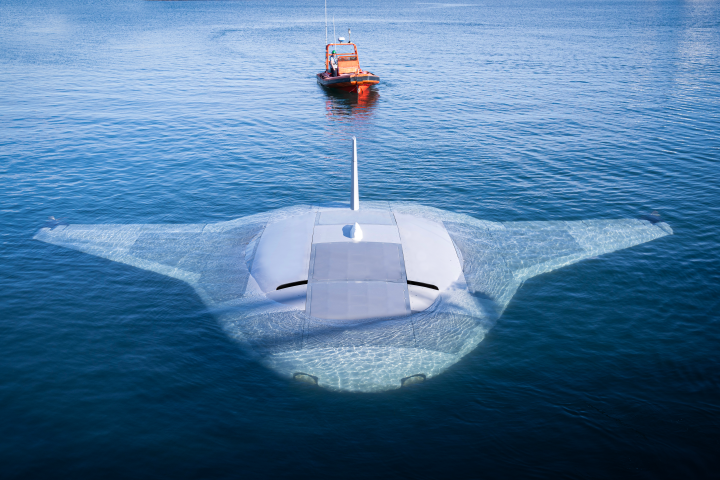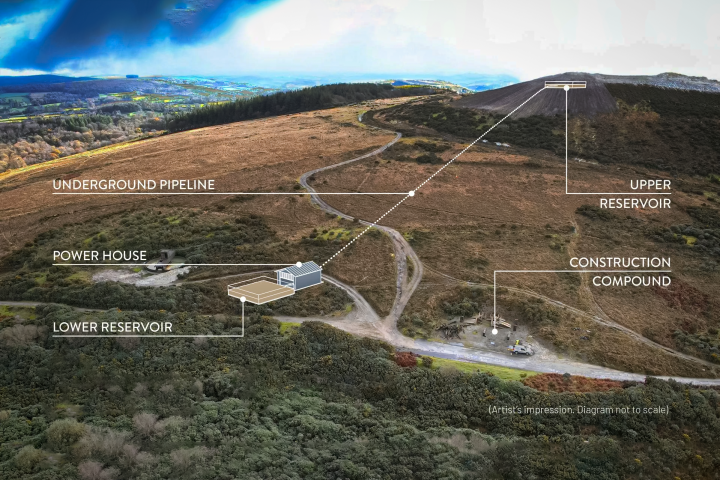While plug-in electric vehicles (EVs) like the Nissan LEAF and Chevy Volt are currently making a play for eco-conscious consumers’ attention, some automobile manufacturers believe hydrogen fuel cell vehicles are the way of the future as they can be filled-up in minutes as opposed to the hours it takes to recharge EVs. One of the companies set on bringing Fuel Cell Electric Vehicles to showrooms is Hyundai, which has just completed development of its Tucson ix Fuel Cell Electric Vehicle (FCEV). Hyundai will begin testing the vehicle next year, with the goal of starting mass production in 2015.
The Tucson ix FCEV is Hyundai’s third-generation FCEV following on from the original 2005 Tucson FCEV that was a test vehicle for the company’s second-generation hydrogen fuel cell. The latest vehicle is equipped with a 100-kW fuel cell system and two hydrogen storage tanks (700 bar or 10152.64 psi) that allow the SUV to travel 404 miles (650 km) on a single charge. This is a 76 percent improvement over the second-generation Tucson FCEV, which was limited to a range of 230 miles (370 km) on a single charge. It can also start in temperatures as low as minus 13°F (-25°C).
The new model retains the same maximum speed as its predecessor of 100 mph (160 km/h) but boasts a 15 percent improvement in fuel efficiency over the previous model with a gasoline equivalent fuel efficiency of 72.9 MPG (31 km/liter). The efficiency of the vehicle has been possible in part due to the reduction in the overall volume of the fuel cell system by 20 percent compared to the previous system. This was achieved via the modularization of bulky components in the fuel cell system, including the fuel cell stack, balance of plant (BOP), inverter and voltage junction box.
Hyundai plans to make a limited supply of the Tucson ix FCEV in 2012 and begin mass production in 2015.




![The Ti EDC [everyday carry] Wrench is currently on Kickstarter](https://assets.newatlas.com/dims4/default/0ba225b/2147483647/strip/true/crop/4240x2827+0+3/resize/720x480!/quality/90/?url=http%3A%2F%2Fnewatlas-brightspot.s3.amazonaws.com%2F59%2Fb2%2F6a6fdd0348a8bfdad88bbcefec53%2Fdsc03572.jpeg)